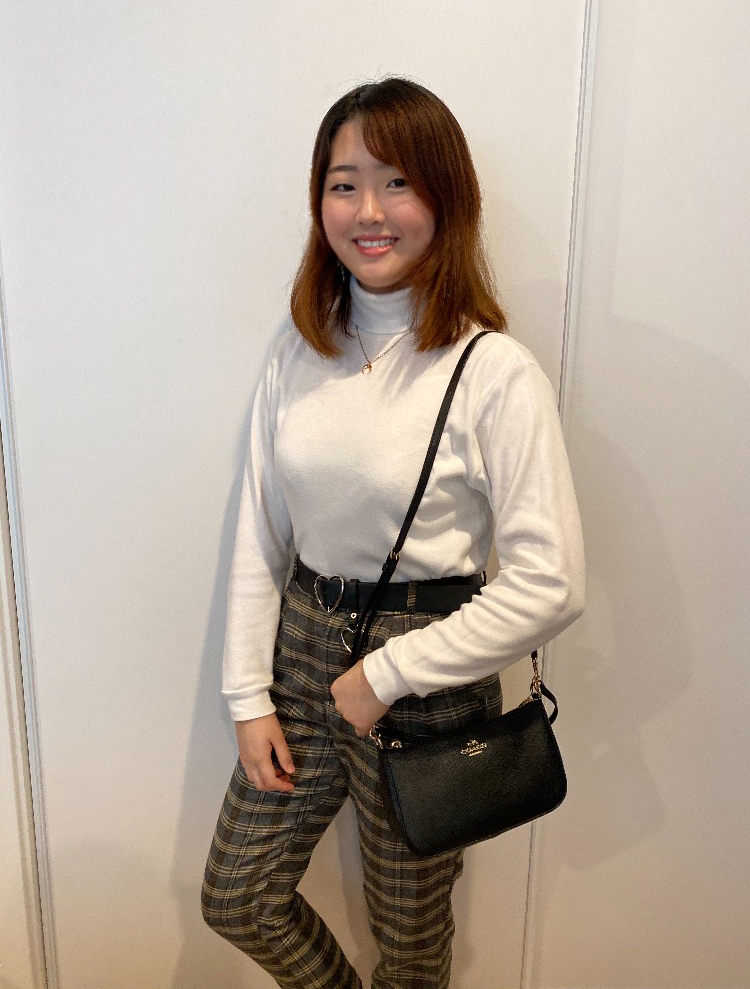Hello everyone! I recently finished my application and completed my interview for a travel abroad program known as Youth for Understanding (YFU). They offer scholarships to many countries such as Spain, Japan, Germany, Argentia, Greece, and much more! Their Japan summer abroad programs are actually full immersion programs where you will get the experience of going to a Japanese high school. For Japan, they have many scholarships and many are financially-aid based. I applied for:
Japan-America Friendship Scholars (JAFS)
Japan-US Senate Youth Exchange (JUSSE)
Kikkoman National Scholarship
After submitting my application, it was only about a week before I received an email from my interviewer volunteer about the date, time, and location of our interview. They were a young college student and had picked a coffee shop in my neighborhood which allowed me to feel a bit more comfortable.
Practicing/Preparing for the Interview:
I cannot stress this enough! the best way to prepare yourself for an interview is to simply practice some of the common questions that you may get. Here is a link to the interviewer packet that YFU sends out to their interview volunteers. It includes everything from what kinds of qualities they are looking for in a candidate as well as the questions that they may ask. My interviewer read every question exactly how it was written on the paper, but this was likely because I was her first interviewee ever. Yours may be different, but they will more than likely ask at least some of the questions on the interviewer packet.
Ways to Practice:
- Ask a family member to use the interview packet and practice interviewing you
- Swap roles and instead interview someone else and watch for red flags in how they respond. Some of the things you should look to avoid are excessive use of the word like, filler words like uh or hm, fidgeting, lack of smiling, lack of confidence, etc.
- Film yourself being interviewed or simply run through your responses on film and watch yourself to identify any behaviors you might want to fix.
- Do a dress rehearsal with the clothes you are going to wear! You might find that a particular item is uncomfortable to sit in, or maybe some buttons on your sleeve are hitting the table with an annoying sound.
General Tips:
- Dress well. YFU is a bit more casual than say a program such as the National Security Language Initiative for Youth (NSLI-Y), but that doesn’t mean you go in wearing your t-shirt and jeans. I would wear something smart-casual. I wore a turtleneck, some plaid pants, flats, and a bit of jewelry. Here is a photo of what I wore.

- Review your application right before you do the interview. You will want to be consistent with everything you say verbally and what is written on the application. If you wrote on the application that your friends describe you as fun, bubbly, and excitable, use those same adjectives when posed the same question in the interview. Consistency is important!
- This might not be something for everyone, but personally, I like to know a little bit about my interviewer before I meet them. After I was given my interviewer’s name, I looked them up on LinkedIn as well as Facebook and discovered that they were a Japan YFU Alumni which allowed me to come up with plenty of questions.
- Be yourself and relax! The interviewer isn’t trying to kick you out of the race. They want you to succeed and are gonna be trying their best to understand what you are saying so they can get the best understanding of who you are. Try to make conversation before starting so you can get a bit comfortable.
After getting a cup of coffee, we sat down and began to just discuss basic questions such as my interests, hobbies, what my college plans are, and why I wanted to be an exchange student. My interviewer asked me questions such as what kinds of rules I had at home, what my friends thought of me, how did I fit into my friend group, and what kinds of non-academic disappointments and failures I have had. They also asked me questions about my preferences when it comes to city size, i.e if I prefer small city or rural farmland, and also family size, i.e. single parent or couple with kids. (The full list of questions I was asked is here )
